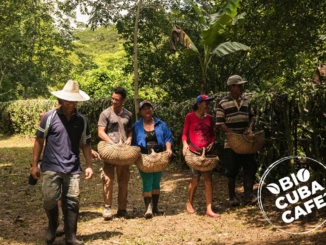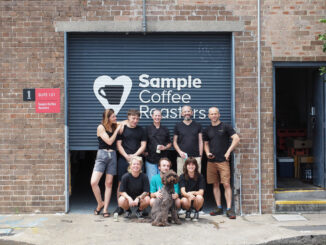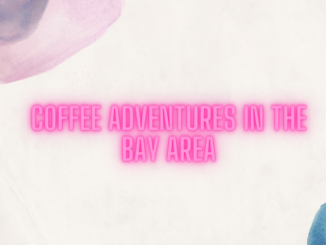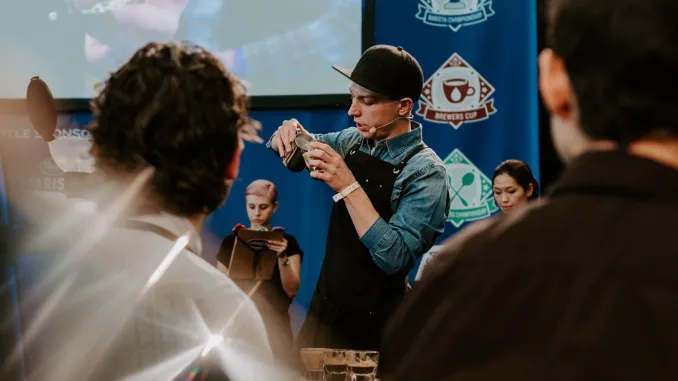
We continue our talk with Dylan Siemens about accessible coffee education, sustainability, and more.
BY EMILY JOY MENESES
BARISTA MAGAZINE ONLINE
Photos courtesy of Dylan Siemens
Having worked in coffee for over a decade, and with experience competing in the U.S. Barista Championship, U.S. Brewers Cup, Coffee Masters, and more, Dylan Siemens knows a thing or two about coffee. Now working as Cafe Imports’ head of education, Dylan recently launched the ED+U program. This six-part class series covers advanced concepts in coffee, from farm to cup.
Today, we’re continuing our discussion with him to learn more about the ED+U educational program. We’ll also hear his thoughts on coffee education, sustainability, and the future of coffee.
Barista Magazine Online: Why do you think in-depth coffee education is so important? How is Cafe Imports/the ED+U program working to make it more accessible?
Dylan Siemens: Coffee is an industry constantly discovering new things. For the individual coffee professional, a deeper education instills more confidence. Someone who receives solid training will be better at their job and less stressed, giving them a better chance at having a happier work-life balance. When we’re confident in our knowledge, we can focus less on the task at hand, and more on the person we’re serving. Education touches every part of our job. It allows us to do that job more effectively and helps us feel like we haven’t hit a ceiling. It keeps a sense of wonder and a desire to grow right in front of us. A lack of education can be stifling in careers.
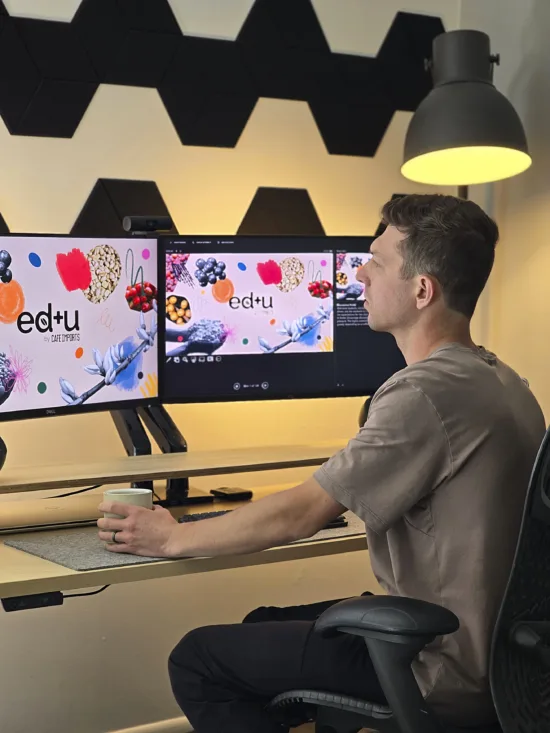
The goal with ED+U is to capture the immense amount of knowledge surrounding Cafe Imports and recent studies, packaging it into classes that are more in-depth than those I’ve taken on similar topics. We try to schedule classes across many time zones and publish recordings for those who can’t attend a class live. Along with the classes, we’re releasing a lesson plan and links to all the sources so that others can dive into all the information I was reading.
So it’s a two-pronged approach: classes for those who consider themselves a student of the information. Materials and “For Trainers” live session for those who want to adapt the information into their training. Ultimately, we want to give individuals and companies more tools to increase their education without a paywall in front of it.
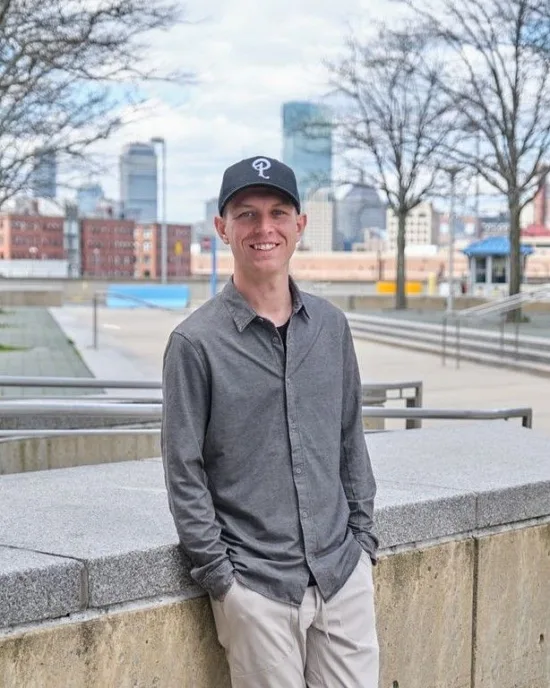
You’ve spoken in the past about how it’s important to understand that coffee production is potentially approaching unsustainability. Can you speak more on that and what that means for us as coffee workers?
The potential for unsustainability, like the world’s climate as a whole, is one of those things that feels overwhelming. The powers that be don’t seem to be making proactive decisions. On the other hand, many people and institutions are putting resources toward this problem.
C. arabica has a very limited gene pool—the most limited of any commercially grown agricultural product by many estimations. Couple that with environmental pressures and an economy that doesn’t favor the producer: It’s a very real recipe for coffee going down a path that’s difficult to correct.
From an educational perspective, I think it’s important to discuss these realities and the work being done to preserve coffee’s future. If this topic is front of mind, individuals and businesses are more likely to factor it into their practices and decisions. We’ve also seen the consumer become incredibly knowledgeable about coffee as the industry has become more knowledgeable. Specialty coffee and its intricacies have been absorbed into the social consciousness. I believe that if all of us in the industry increase our awareness of coffee’s challenges, that naturally spreads to the consumer, giving change a stronger possibility. A future without great coffee is not a future anyone would want, and awareness of that possibility is the first step toward action.
Any future plans for yourself and Cafe Imports?
The immediate plans are to finish out our current series of courses, which is best described as an extended “Seed to Cup.“ After this series, we can begin creating deeper-dive classes or series on a specific topic. We’re excited to keep building on this program.
ABOUT THE AUTHOR
Emily Joy Meneses (she/they) is a writer and musician based in Los Angeles. Her hobbies include foraging, cortados, vintage synths, and connecting with her Filipino roots through music, art, food, and beverage.
Subscribe and More!
Out now: It’s the August + September 2024 issue of Barista Magazine! Read it for free with our digital edition. And for more than three years’ worth of issues, visit our digital edition archives here.
You can order a hard copy of the magazine through our online store here, or start a subscription for one year or two.



